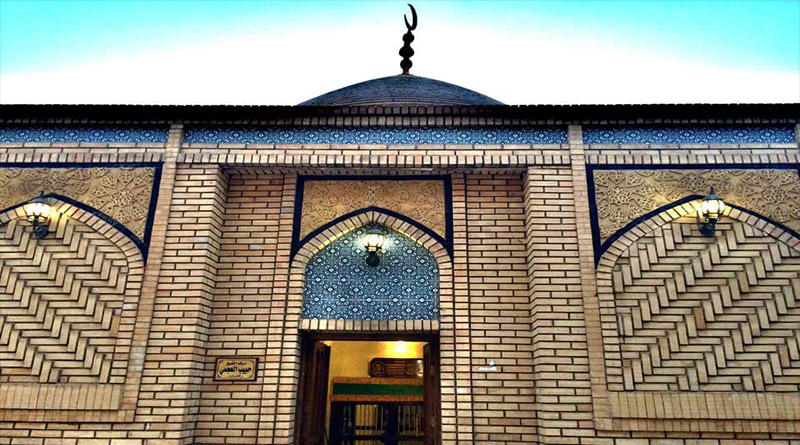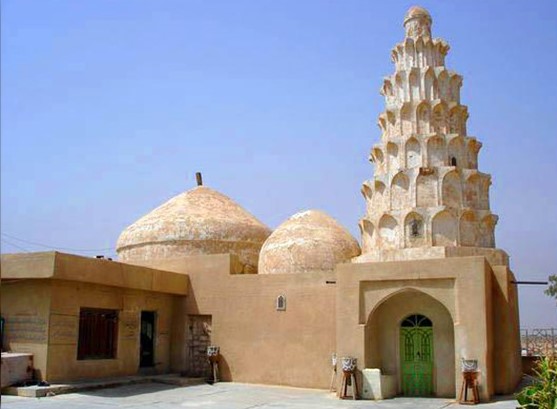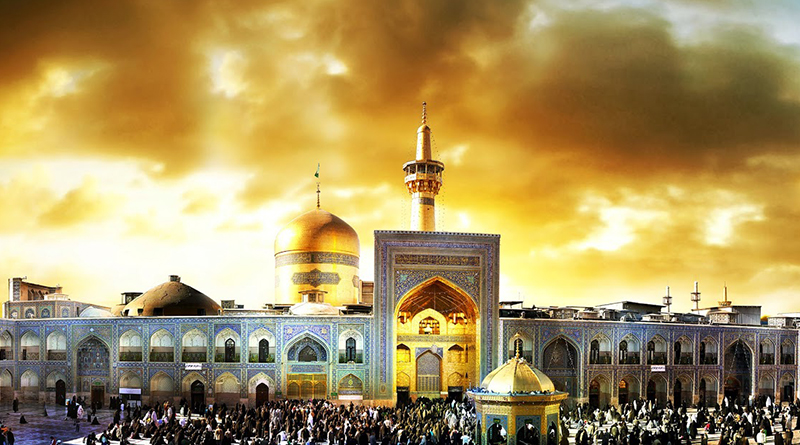His Name
Al-Sayyid Sheikh Muhammad, son of Sayyid Hasan Kulleh Zarda, son of Sayyid Muhammad Al-Nudahi Al-Barzinji Al-Husseini.
His Title
Muhyiddin (Reviver of the Religion)
His Birth
He was born in the village of Qulah in the year 1133 AH (circa 1720 CE).
His Children
He had a son named Sheikh Abdul Aziz.
His Madhhab
He followed the Shafi’i school of jurisprudence.
His Sufi Path
He followed the Qadiri Sufi order, which he received from his uncle, Sheikh Isma’il Al-Walyani.
His Contemporaries
One of his known contemporaries was Sheikh Abdul-Samad Kulleh Zarda.
His Residence
He initially lived in the village of Qulah, and in the year 1179 AH (circa 1765 CE), he moved to Kirkuk.
His Life
He was a pious, righteous scholar—one of the leading Kurdish sheikhs and the most distinguished man of his time.
He studied under the most prominent scholars of Kurdistan, and traveled with his father to the Hijaz, where he studied Islamic sciences in depth.
He attained the highest level of knowledge and became the most accomplished scholar and spiritual figure of his time.
He served as an imam and teacher in his village, Qulah, and was a master of the Islamic sciences.
He also had a profound spiritual presence in the Kurdish lands. People used to say of him:
“Sayyid Muhyiddin is one of Allah’s wonders in the science of Sufism.”
He later moved to Kirkuk, where he continued his mission of spiritual guidance until his passing.
His Books
- Bahr al-Ansab (The Ocean of Lineages)
- Jami‘ al-Fawa’id (The Collection of Benefits)
- Bara’ al-Alam
- Majma‘ al-Jawahir (The Collection of Jewels)
- Abdal al-A‘mal (The Substitutes of Actions)
- Mu‘awin al-Aal fi Fada’il al-Aal (The Helper of the Family in the Virtues of the Prophet’s Household)
- Jalib al-Rahah wal-Ifaqah fi Raf‘ al-Faqah (The Bringer of Comfort and Prosperity in the Removal of Poverty)
- Risalah fi al-Awfaq (A Treatise on Talismans)
- Islah al-Nufus (The Reform of Souls)
- Kashf al-Kurub (The Unveiling of Distress)
His Death
He passed on to the realm of Divine truth and witnessing in the year 1195 AH (circa 1781 CE) and was buried in Kirkuk.
Sources
- Abdul Karim Al-Mudarris – Scholars in the Service of Knowledge and Religion, pp. 504, 505, 558
- Hussein Al-Qadi – Sharh al-Salikeen, p. 12
- Muhammad Al-Khal – Ma‘ruf Al-Nudahi Al-Barzinji, pp. 76–77
- Ma‘ruf Al-Rashlani – Virtues of the Barzinji Sayyids, Manuscript No. (1283)




